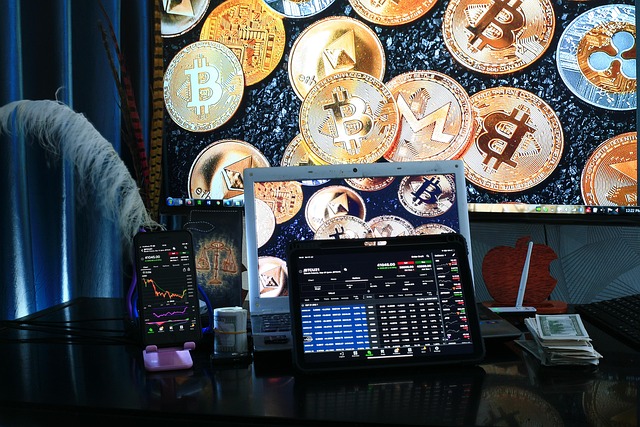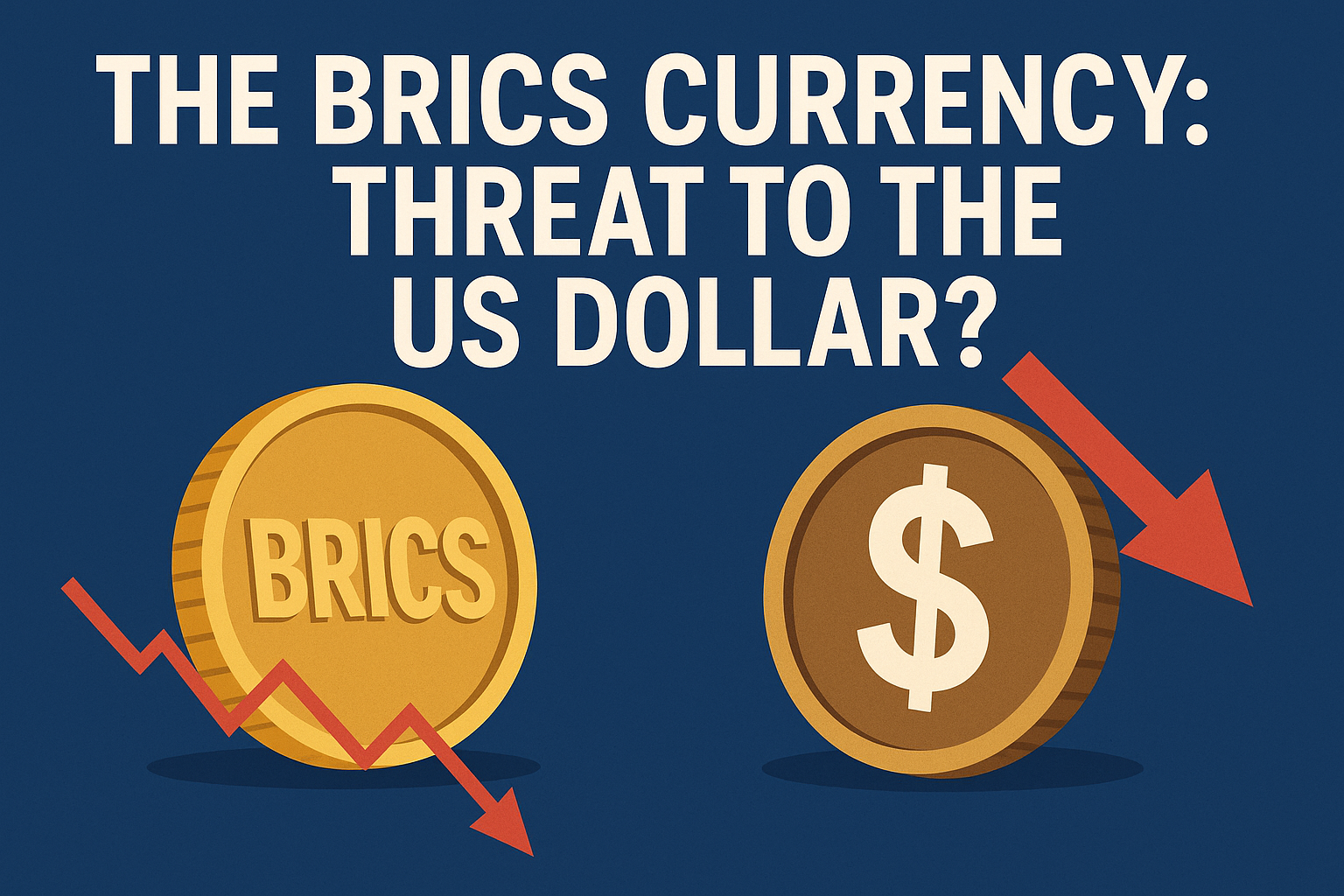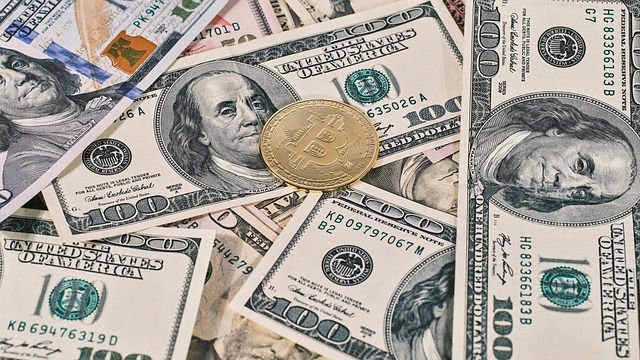How Geopolitical Tensions Impact Crypto Markets
Cryptocurrencies may be decentralized, but they don’t exist in a vacuum. Global events — especially geopolitical tensions — can send shockwaves through the crypto world.
Whether it’s war, sanctions, or political instability, crypto traders and investors are paying close attention. Here’s why, and how it might affect your portfolio.
🌍 First, What Do We Mean by Geopolitical Tensions?
These include:
-
War or military conflict
-
Sanctions between nations
-
Political upheaval or regime change
-
Trade disputes
-
Diplomatic breakdowns
-
Energy crises
Basically, anything that disrupts global stability.
📉 How Geopolitical Events Move Crypto Markets
1. Increased Market Volatility
When the world gets shaky, so do the markets. But crypto reacts differently from traditional assets.
-
Some investors flee to crypto as a hedge against traditional systems
-
Others sell off in a panic, causing sudden price drops
-
Bitcoin often behaves like digital gold — but not always
💡 Example: During the early stages of the Russia-Ukraine war, Bitcoin initially dropped with stocks, but later rebounded faster as demand for decentralized assets rose.
2. Demand for Borderless Money
In countries affected by war or sanctions, citizens may lose access to traditional banking.
-
Crypto becomes a lifeline for transferring money across borders
-
It’s also used to protect savings from inflation or government seizure
-
Some governments (or opposition groups) even use crypto to raise funds
💡 Example: Ukrainians and Russians turned to Bitcoin and stablecoins when their national currencies tanked.
3. Regulatory Backlash and Scrutiny
Governments worry crypto could:
-
Help nations evade sanctions
-
Fund illicit activity in conflict zones
-
Undermine the power of fiat currencies
This can lead to:
-
Tighter regulations or outright bans
-
Crackdowns on crypto exchanges
-
Greater compliance pressure on DeFi and wallets
💡 Example: After tensions with North Korea and Iran, the U.S. Treasury increased pressure on crypto firms to block sanctioned wallets.
4. Investor Sentiment and Safe Haven Narrative
Crypto’s response to global tensions often depends on perception:
-
If investors believe Bitcoin is a safe haven, prices may rise
-
If they treat it like a risk asset, prices may fall alongside stocks
-
Long-term uncertainty often leads to short-term trading spikes
It’s all about psychology and timing.
🔮 What Should Investors Do?
-
Stay diversified — don’t put everything into crypto during global uncertainty
-
Watch the news, but don’t trade purely on headlines
-
Have a plan: geopolitical risk is real, but panic is not a strategy
-
Consider stablecoins or hedging tools if volatility spikes
📊 Bottom Line
Geopolitical tensions can cause major ripple effects in the crypto space — sometimes in unpredictable ways. While crypto is global and decentralized, it’s still tied to the real-world drama unfolding across borders.
Understanding how these forces interact can help you stay smart, not scared in a rapidly changing market.





